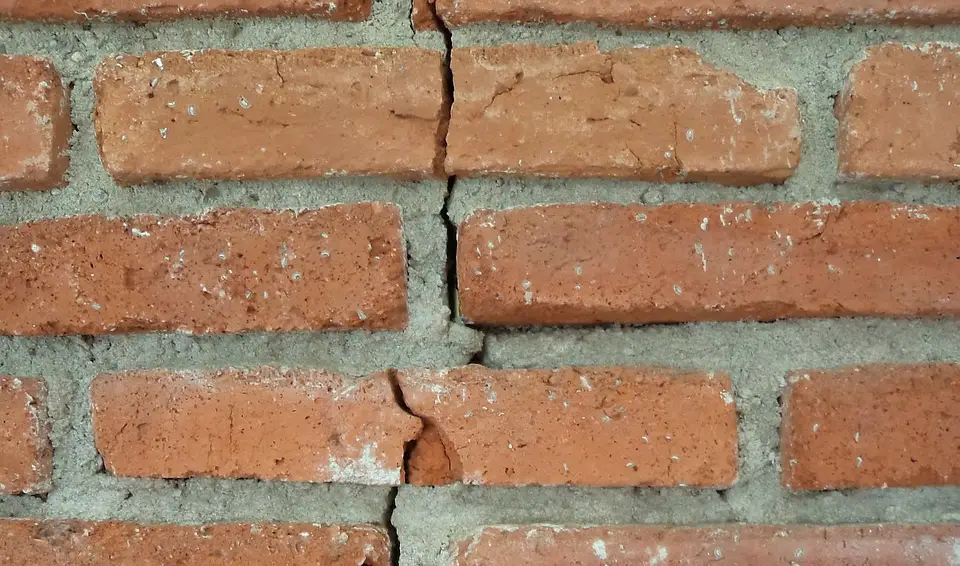Your home is one of your most important financial investments. Keep it in good shape by being aware of what can go wrong. Foundation cracks should be noticed, addressed, and corrected as soon as possible.
Drought
Lack of water in any area can be quite a problem. People may not have access to enough water for drinking and other activities. One of the lesser-known effects of the problems with a water shortage is how it can create problems for your home’s foundation. Homes are placed on top of the soil. Soil is dependent on moisture to function properly. When your area suffers from a prolonged period of lack of water, this causes the soil to fall away from the foundation and leads to cracks.
Storms and Flooding
While lack of water can cause problems, too much water is an equal problem. When water pours from the sky rapidly, it can flood your house. The soil that holds up the foundation can become drenched with moisture. As the soil soaks up this liquid, it can expand. In doing so, the soil can move away from your home’s foundation. This makes too much rain a major cause of foundation cracks.
Freezing Conditions
Freezing conditions are common in many parts of the country. Ice means that water expands outwards. When the area freezes, this can have an effect on your house. The additional ice on the ground can come on suddenly. It can also surround the home’s foundation. Soil that has a layer of ice on top of it tends to react to outside conditions by expanding near the house. This can cause cracks as the foundation is unable to respond to the pressure imposed by the ice.
Too Much Heat
Just like too much ice, too much heat can be an issue that can cause a problem with your home’s foundation. Exposure to heat can warp surfaces in a short period of time. This includes the concrete used in your foundation. The heat can mean the foundation is left to expand and move away from your home’s structure. High heat is a problem. The same is true of excess humidity. Too much moisture in the area can have a negative impact on your home’s foundation.
An Earthquake
Homeowners in earthquake-prone areas should be particularly mindful of the impact of this problem. Even a relatively minor earthquake can impose huge damage on local terrain. The impact can literally move the earth. It can move rocks and other materials forward. That can create a problem with your home. A larger, more powerful earthquake can cause even greater damage. This is why you should inspect the home after you’ve suffered any kind of regional earthquake. The damage is often visible once the quake has passed. You should also do this in the aftermath of any aftershocks.
A properly maintained home begins with your foundation and what better place to ask for help than 58 Foundations. It’s good to examine the foundation for cracks on a periodic basis.

